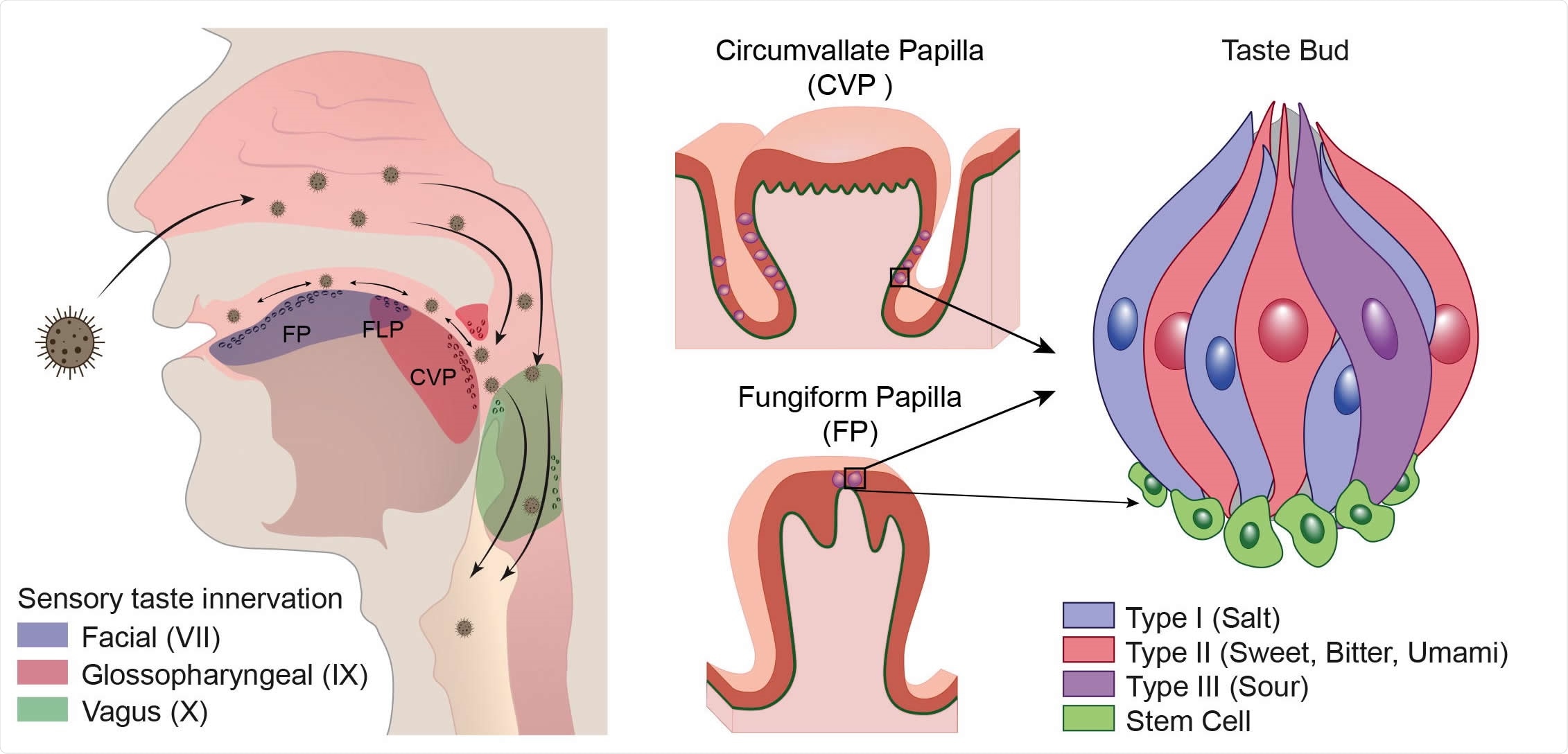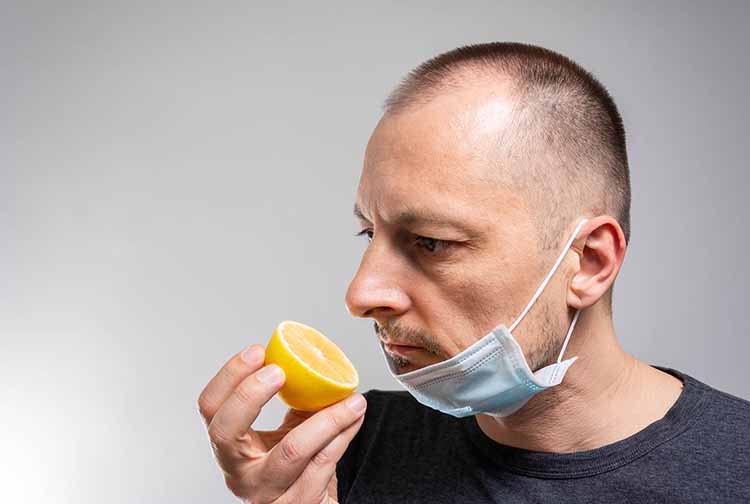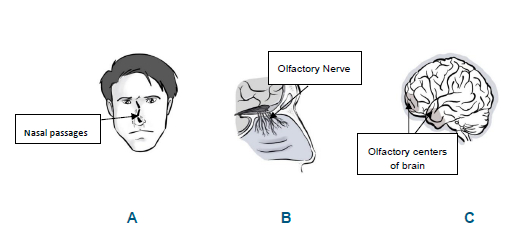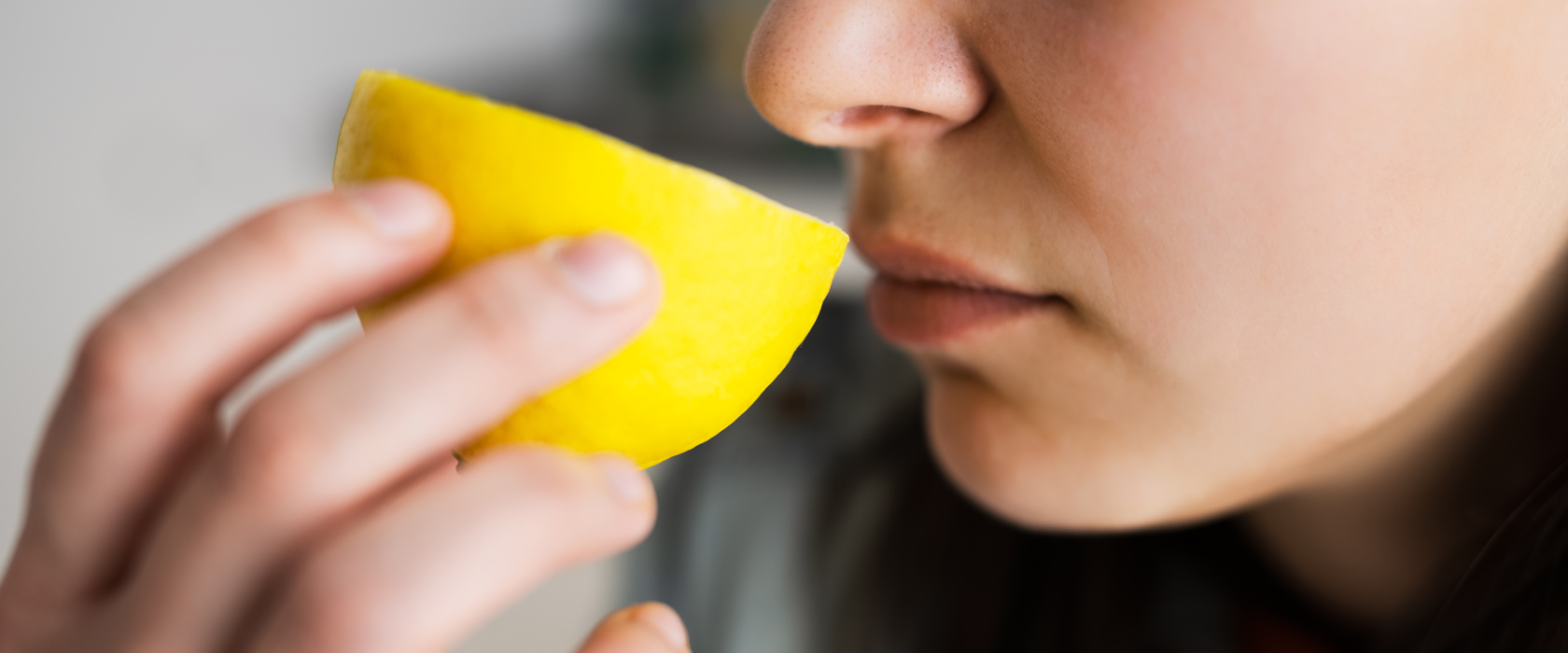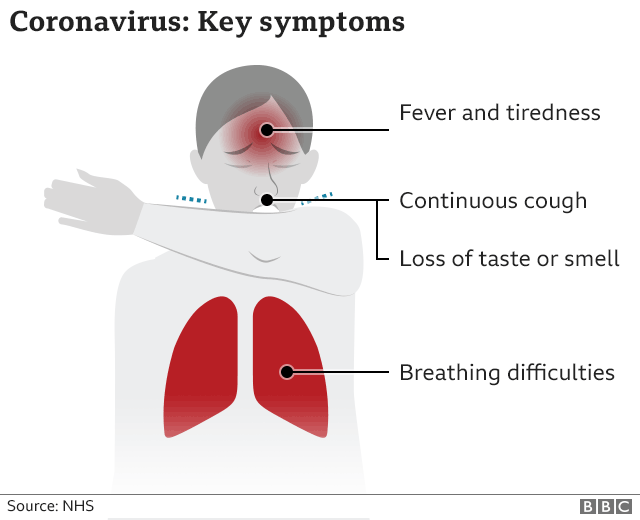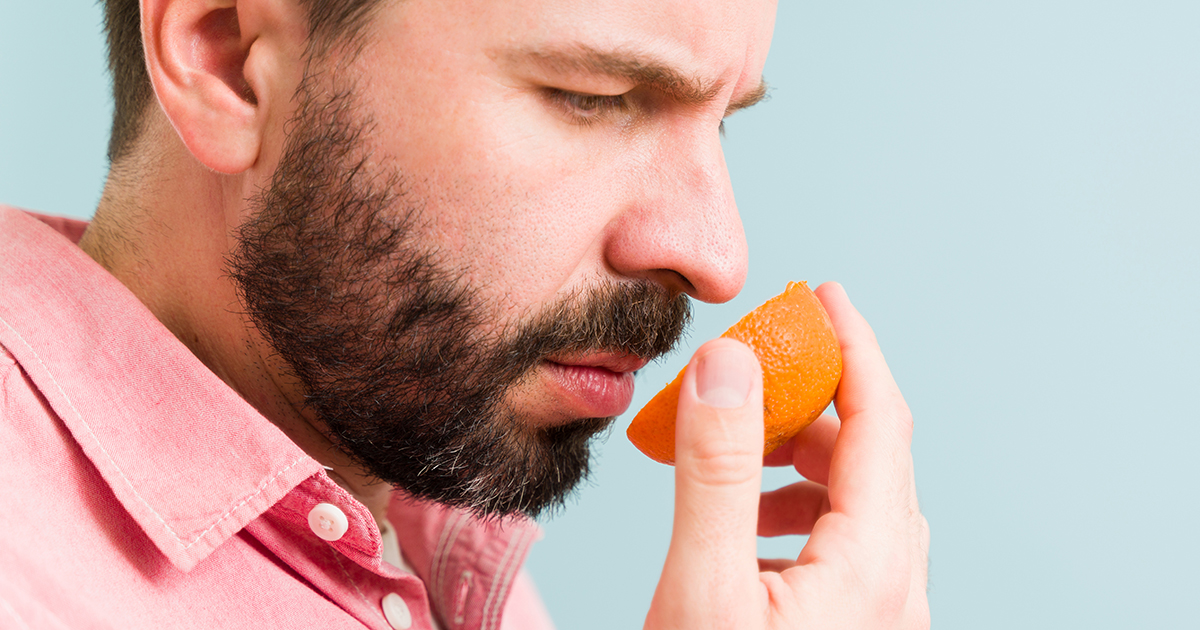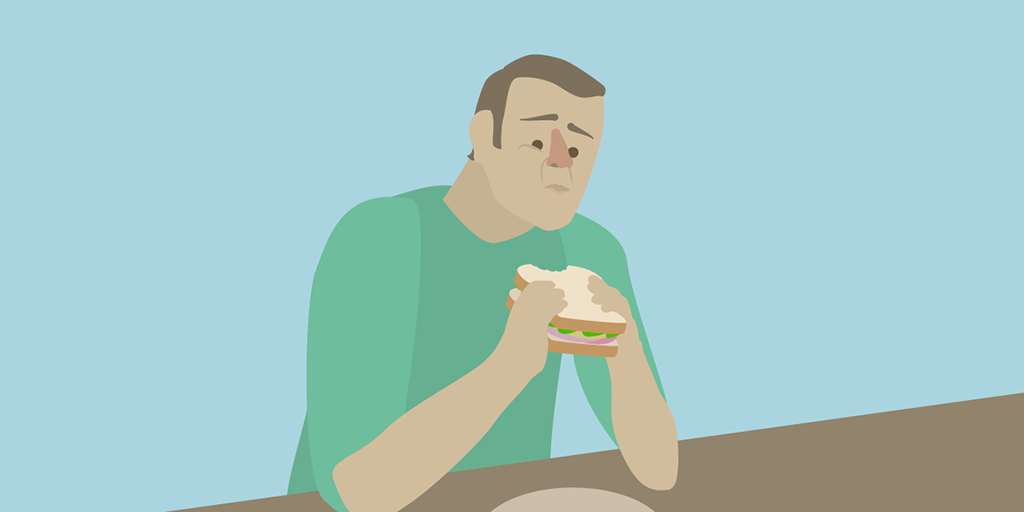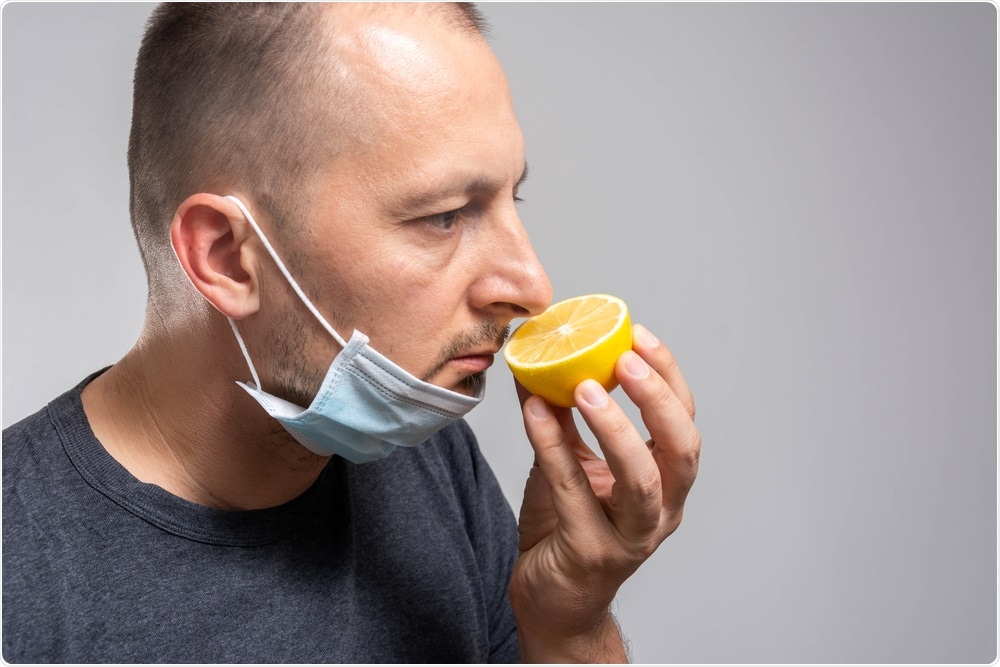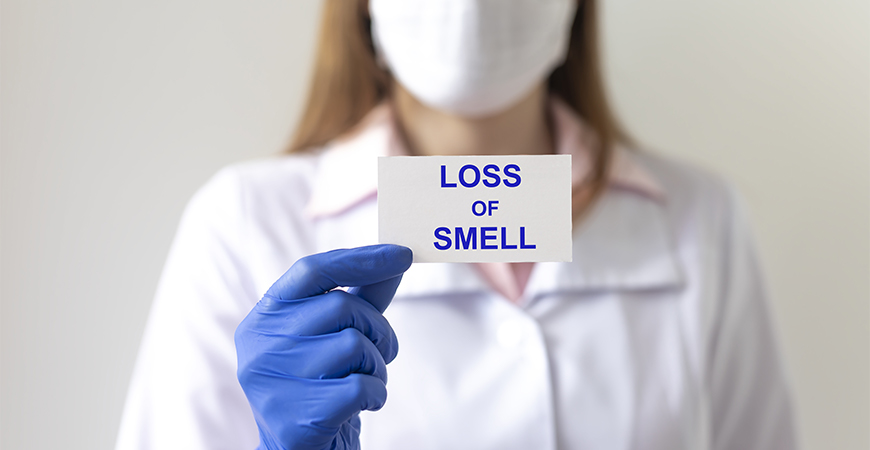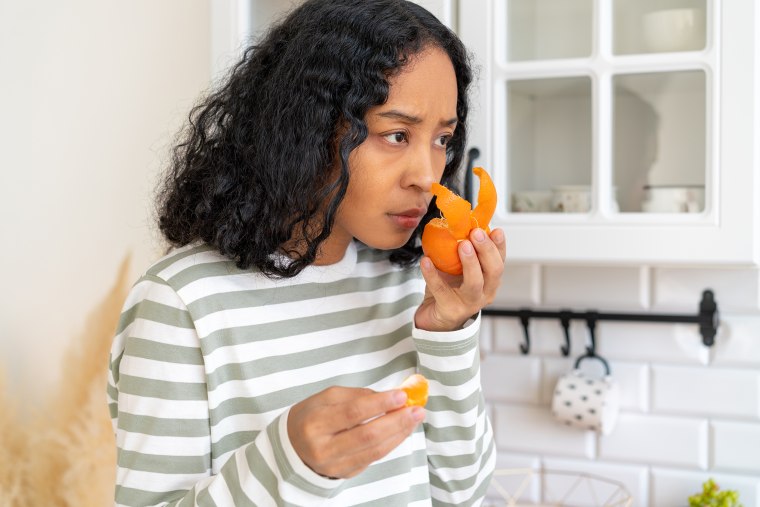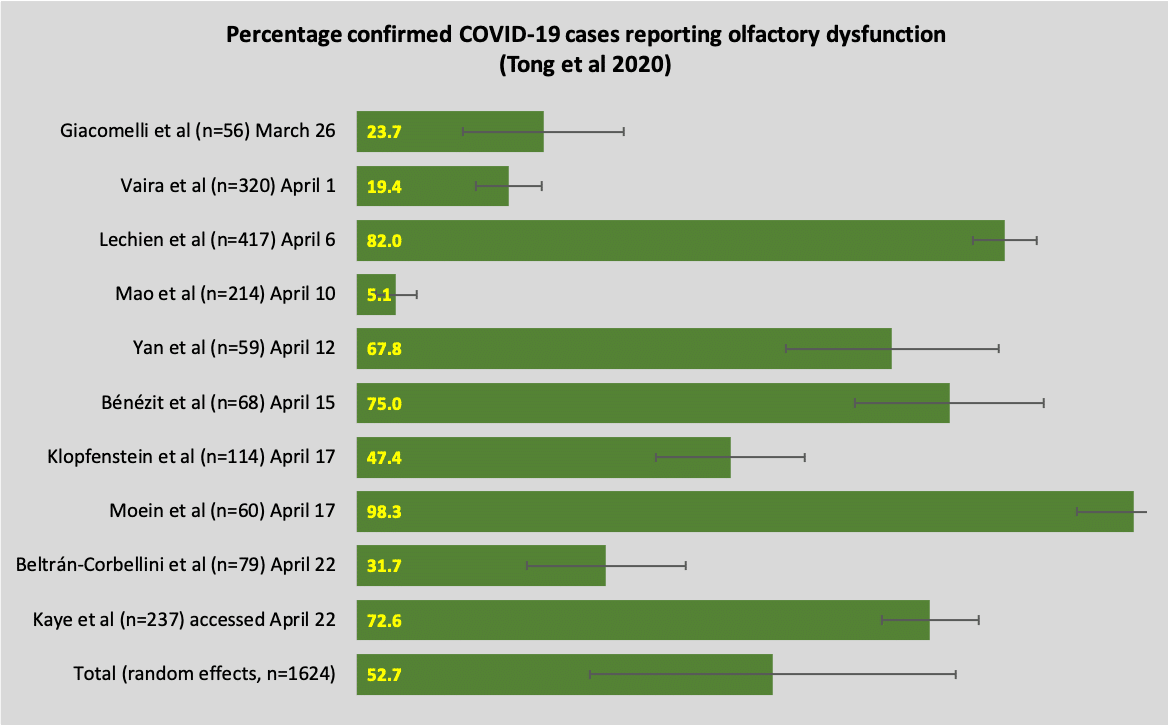Marvelous Tips About How To Lose Sense Of Taste

Most often, people are experiencing a loss of smell instead of a loss of taste.
How to lose sense of taste. The term “ageusia” refers to the loss of sense of taste. Some loss of taste and smell is natural with aging, especially after age 60. After the age of 50, the taste buds start to decrease in sensitivity and regenerate less efficiently.
Medications that cause dry mouth can lead to a loss of taste. Colds can temporarily decrease the sense of smell by blocking odor receptors. Exposure to certain chemicals, including those found in cigarettes, can diminish one’s sense of smell.
Also, chew slowly to release flavors and increase saliva production.” while it’s tempting to want. Proper dental hygiene can also reverse an impaired sense of taste. Smoking can also reduce your sense of taste.
To diagnose a loss of taste, they may conduct a “sip, spit, and rinse” test. But other factors can contribute to loss of taste and smell, including: Loss of smell affects our health and quality of life.
Medications that contain high levels of. People who are having cancer treatments might have a problem with. A temporary loss of taste and smell can be caused by an obstruction in the nose, like if you have inflammation (causing a stuffy nose) from allergies or a cold or flu.
This is because saliva contains important chemical messengers for the brain to interpret tastes. Certain medications (zicam) or toothpaste (sensodyne) have been reported to dull or eliminate the sense of taste. Loss of sense of taste is also a.
